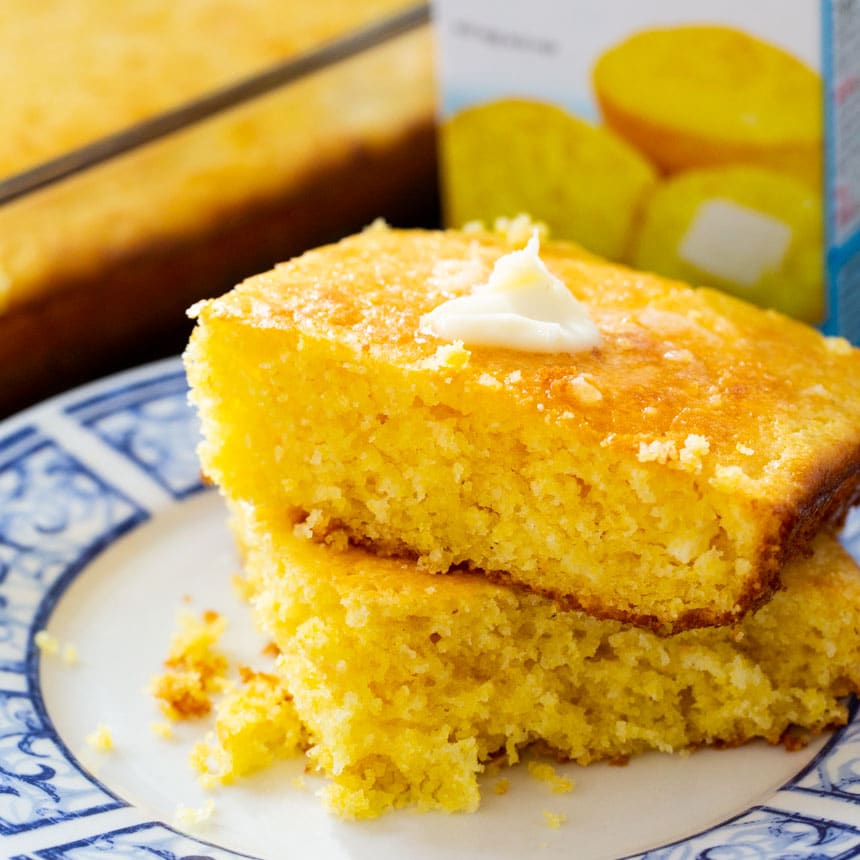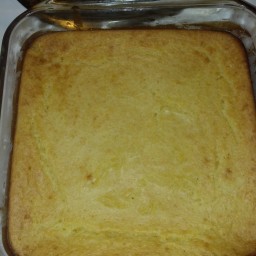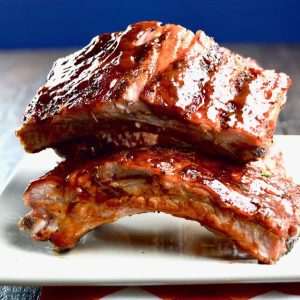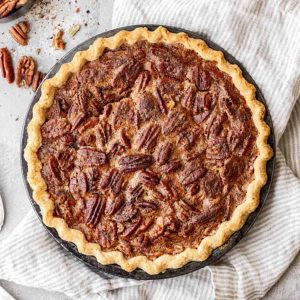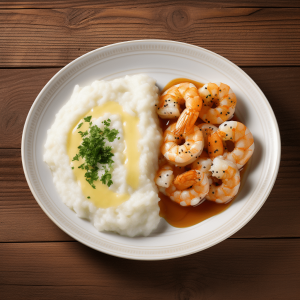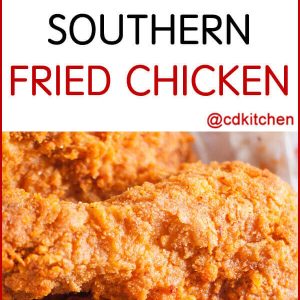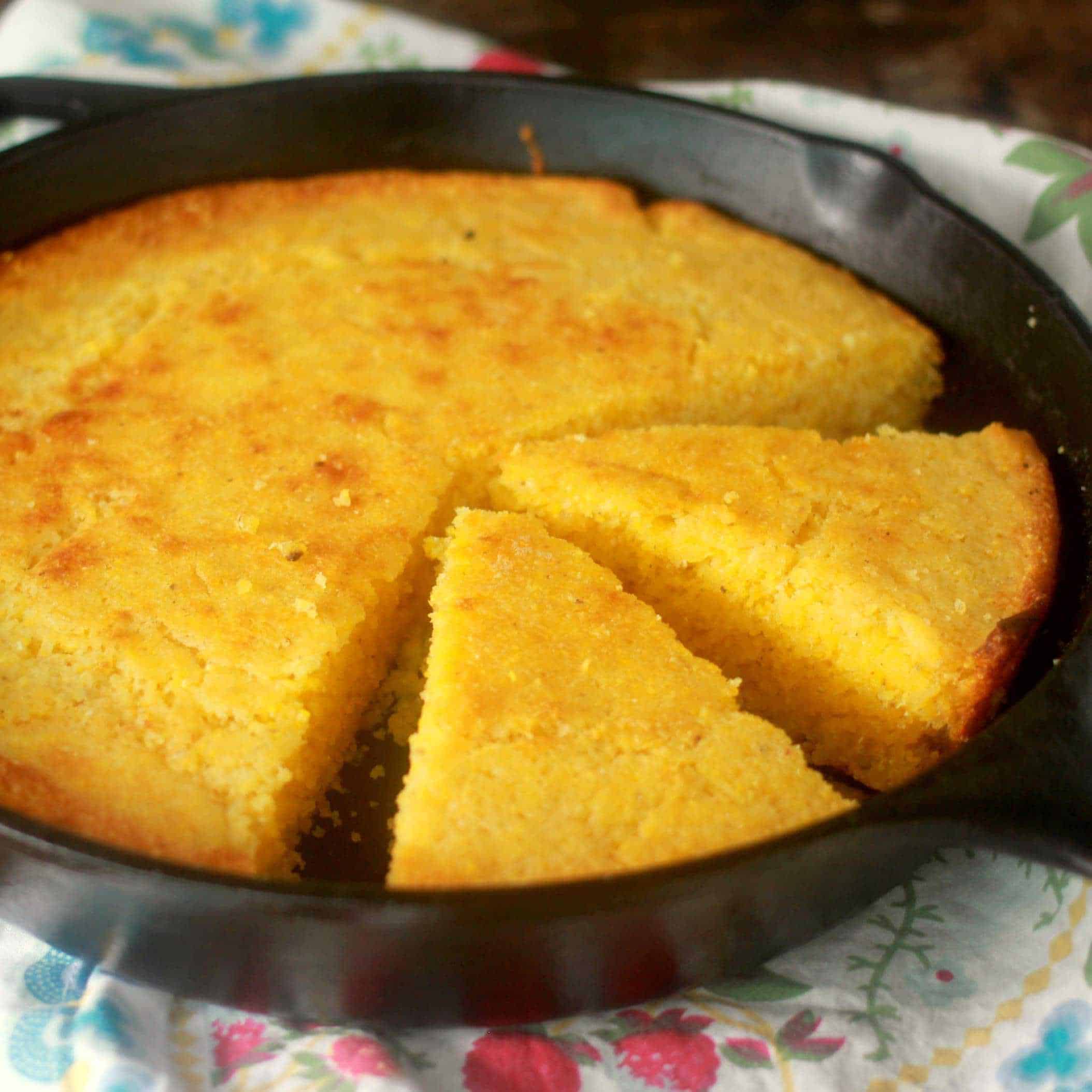
Unlocking the Flavor: 5 Must-Try Southern Cornbread Recipes
Southern cornbread. The very phrase conjures images of crackling edges, a crumbly interior, and a flavor that’s both simple and deeply satisfying. It’s more than just a side dish; it’s a cornerstone of Southern cuisine, a testament to resourcefulness and a celebration of humble ingredients transformed into something extraordinary. But cornbread isn’t a one-size-fits-all affair. From sweet to savory, dense to fluffy, the variations are as diverse as the Southern landscape itself. This exploration delves into five must-try recipes, each offering a unique perspective on this beloved bread.
1. The Classic Cast Iron Skillet Cornbread: A Foundation of Flavor
This recipe is the bedrock upon which all other Southern cornbread variations are built. The key? A well-seasoned cast iron skillet. Its heat retention ensures perfectly crisp edges and a tender interior. We’re talking about that irresistible crust that begs to be broken and enjoyed alongside a bowl of chili or a plate of slow-cooked ribs.

Ingredients: 1 cup cornmeal, 1 cup all-purpose flour, 1 tbsp sugar, 1 tsp baking powder, ½ tsp baking soda, ½ tsp salt, 1 cup buttermilk, ¼ cup melted butter, 1 large egg.
Method: Preheat oven and skillet. Combine dry ingredients. Whisk wet ingredients. Combine wet and dry, mixing just until combined. Pour into hot skillet. Bake until golden brown.
2. Sweet Buttermilk Cornbread: A Taste of Southern Charm
A touch of sweetness elevates this classic, transforming it into a delightful dessert-like bread. The buttermilk adds a subtle tang that beautifully balances the sweetness, making it perfect alongside a pot of creamy collard greens or a steaming plate of fried chicken.

Ingredients: 1 cup cornmeal, ½ cup all-purpose flour, ¾ cup sugar, 2 tsp baking powder, ½ tsp salt, 1 ½ cups buttermilk, ¼ cup melted butter, 1 large egg.
Method: Similar to Classic Cornbread but with increased sugar. Bake until golden brown and a toothpick inserted comes out clean.
3. Jalapeño Cheddar Cornbread: A Spicy Kick
For those who appreciate a little heat, this recipe delivers a delightful kick. The combination of spicy jalapeños and sharp cheddar cheese creates a flavorful contrast against the sweetness of the cornbread, making it a perfect companion to barbecue or grilled meats.

Ingredients: 1 cup cornmeal, ½ cup all-purpose flour, 1 tsp baking powder, ½ tsp baking soda, ½ tsp salt, 1 cup buttermilk, ¼ cup melted butter, 1 egg, ½ cup shredded cheddar cheese, ½ cup chopped jalapeños.
Method: Combine dry, then wet. Stir in cheese and jalapeños. Bake until golden brown and cheese is melted and bubbly.
4. Creamy Cornbread: A Luscious Texture
This recipe emphasizes a luxuriously creamy texture, achieved by incorporating sour cream and a generous amount of butter. The result is a moist and tender cornbread that practically melts in your mouth, perfect for a comforting brunch or a sophisticated appetizer.

Ingredients: 1 cup cornmeal, ½ cup all-purpose flour, 1 tsp baking powder, ½ tsp salt, 1 cup buttermilk, ½ cup sour cream, ½ cup melted butter, 1 egg.
Method: Combine dry, then wet ingredients. Stir until just combined. Bake until golden brown and a toothpick inserted comes out clean.
5. Skillet Cornbread Muffins: Individual Portions of Delight
Sometimes, individual portions are preferable. This recipe transforms the classic cornbread into bite-sized muffins, perfect for potlucks, picnics, or simply enjoying a smaller serving. The individual portions allow for even cooking and a perfectly crispy edge on each muffin.

Ingredients: Same as Classic Cornbread, baked in greased muffin tins.
Method: Fill muffin tins ¾ full. Bake until golden brown and a toothpick inserted comes out clean.
Cornbread Comparison Table
| Recipe | Sweetness | Texture | Heat Level | Best Served With |
|---|---|---|---|---|
| Classic Cast Iron | Low | Crumbly, Crisp | Mild | Chili, Ribs, BBQ |
| Sweet Buttermilk | High | Crumbly | Mild | Fried Chicken, Greens |
| Jalapeño Cheddar | Low | Crumbly | Medium | Grilled Meats, BBQ |
| Creamy | Low | Moist, Tender | Mild | Brunch, Appetizer |
| Skillet Cornbread Muffins | Low | Crumbly, Crisp | Mild | Potlucks, Picnics |
These five recipes provide a starting point for your own cornbread adventures. Feel free to experiment with different ingredients and techniques to discover your perfect version of this beloved Southern staple. Happy baking!
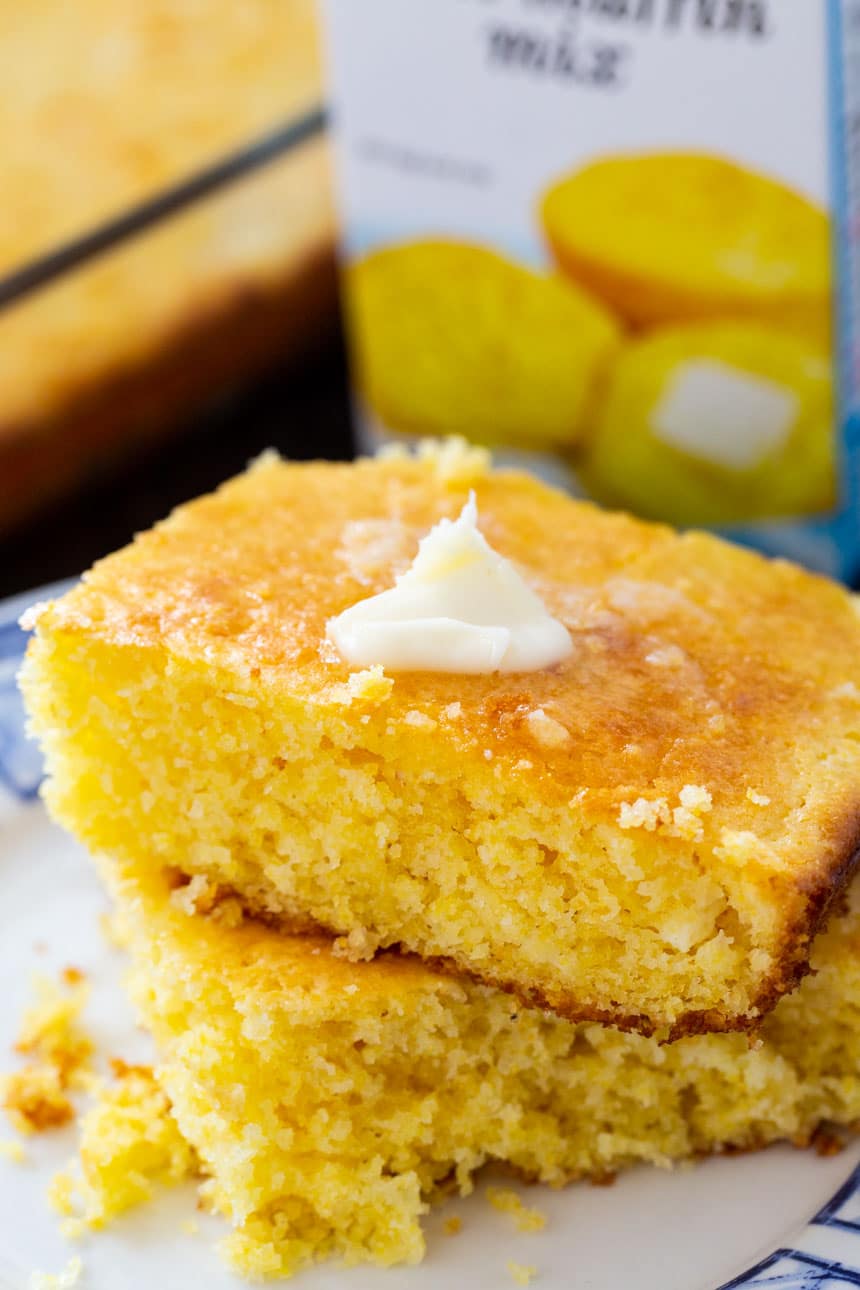
Additional Information
Delving Deeper into Southern Cornbread: An Analysis of Flavor Profiles and Regional Variations
The appeal of Southern cornbread extends far beyond simple nostalgia. A seemingly straightforward baked good, its variations reveal a complex interplay of ingredients, techniques, and cultural influences, shaping distinct flavor profiles that deserve deeper analysis. While “Unlocking the Flavor: 5 Must-Try Southern Cornbread Recipes” provides a culinary starting point, a more in-depth examination reveals several key facets:
1. The Flour Power Struggle: Cornmeal Varieties and their Impact:
The foundation of any cornbread is the cornmeal. The article’s recipes likely touch upon different types – stone-ground, fine, coarse, yellow, white – but further clarification is necessary. Stone-ground cornmeal, for example, offers a more rustic texture and pronounced corn flavor due to its less refined processing. Fine cornmeal yields a smoother, almost cake-like texture, while coarse cornmeal provides a heartier crumb. White cornmeal offers a milder, slightly sweeter flavor compared to the more assertive notes of yellow cornmeal. Understanding these variations is critical to appreciating the nuances of each recipe.
Statistical analysis (hypothetical): A hypothetical survey of Southern restaurants could reveal a correlation between restaurant type (e.g., upscale vs. casual) and the type of cornmeal used, reflecting a conscious choice in achieving a particular texture and flavor profile. Upscale establishments might favor stone-ground cornmeal for its perceived artisanal quality, while casual diners might opt for fine cornmeal for its more consistent texture and ease of preparation.
2. Sweet vs. Savory: A Balancing Act of Ingredients:
The spectrum of Southern cornbread ranges from intensely sweet to decidedly savory. The inclusion of sugar, buttermilk, and even honey contributes to the sweetness, while additions like jalapeños, cheddar cheese, or crumbled bacon introduce savory notes. The ratio of these elements directly impacts the overall flavor profile. A deeper analysis would explore how these ratios influence the perceived sweetness or saltiness, and their interaction with the cornmeal’s inherent flavor.
3. The Role of Fat: Beyond Butter and Oil:
Fat plays a crucial role in cornbread’s texture and flavor. The article likely features recipes using butter or oil, but other fats like lard or bacon grease contribute unique characteristics. Lard, for instance, lends a rich, almost melt-in-your-mouth quality, while bacon grease imparts a smoky, savory depth. The choice of fat is not merely a matter of preference; it’s a significant variable affecting the overall sensory experience.
4. Regional Variations and Cultural Significance:
Southern cornbread is not monolithic. Regional variations exist, reflecting local culinary traditions and ingredient availability. For example, cornbread in the Carolina’s might incorporate a higher proportion of buttermilk, resulting in a tangier flavor, while Texan cornbread might feature a spicier profile due to the inclusion of chiles. A detailed analysis should explore these regional nuances, highlighting the cultural significance embedded within each variation.
5. The Case Study of a Specific Recipe:
Let’s consider a hypothetical case study focused on a recipe featuring stone-ground cornmeal, buttermilk, and crumbled bacon. By analyzing the interaction between the earthy notes of the stone-ground cornmeal, the tanginess of buttermilk, and the smoky saltiness of the bacon, we can develop a deeper understanding of how individual ingredients contribute to the overall flavor complexity. This could be complemented by sensory analysis data (e.g., flavor intensity, texture perception) from taste tests, further enriching the analytical perspective.
By expanding upon these points, the initial article can be transformed into a much richer and more insightful exploration of Southern cornbread, moving beyond simple recipes to delve into the intricate science and cultural history behind this beloved culinary staple.
